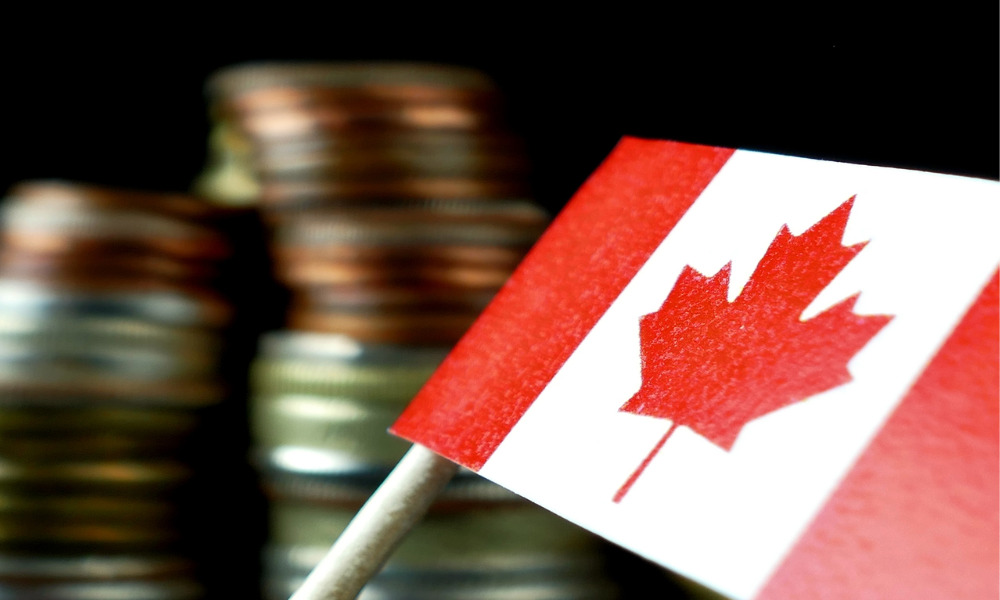Is it time to boldly go where few investors have gone before?

For many of us, our first taste of space was via Canada’s William Shatner and his Star Trek crew boldly going into new worlds, but is this a strategy investors should now be considering?
Billionaires have been keen to explore the space (literally) in recent years with Musk, Bezos, and Branson among those who have invested heavily in out-of-this-world industries including satellite technologies and space tourism.
But Canada has strong foundations way beyond a fictitious starship captain to build on, according to a new report from Deloitte Canada in collaboration with Space Canada which says the country’s space economy could be worth $40 billion by 2040.
“Space is a domain of awe-inspiring exploration and discovery, but it’s much more than that. Space-based assets and services are now critical infrastructure,” says Scott Streiner, Senior Advisor at Deloitte Canada. “Strengthening Canada’s position in the space sector is a strategic imperative. For the sake of the country’s economic competitiveness and productivity, and to help ensure national security and essential services for citizens, Canada needs to bring energy and determination to the new space race.”
Streiner says now is the time to act, and while much of the investment will be from government and large industry, there will likely be opportunities for retail investors too as firms boost their capabilities in the new global space race.
It’s worth mentioning that the emerging technologies being deployed in space are not necessarily for out-of-this-world reasons. Improved GPS and broadband are just two everyday parts of Earth-based life that are already benefitting from satellite technology.
But space exploration is another major part of the story with global government investment rising to $26 billion during 2023 and an expectation of a rise to $33 billion by 2032 according to global consultancy firm Euroconsult.
“We are on the verge of a new era in space exploration marked by a paradigm of collaboration and competition. Establishing a sustainable lunar presence is the main global focus, while also maintaining a sustained LEO [low Earth orbit] human presence,” said Natalia Larrea, director of Euroconsult USA. “This transformative era in space exploration is not limited to governments alone; the private sector is playing an increasingly significant role. Fueled by renewed interest in space exploration from governments worldwide, numerous companies are seeking to provide commercial services in space exploration,”
Set to stun?
Canada represents around 2% of global GDP but just 1% of the global space economy, which means there is catching up to do, but with a ‘warp speed’ strategy and the required levels of investment the space economy could match GDP.
The benefits to the economy are not simply financial either, with the report highlighting its potential to improve Canada’s long-standing challenges for innovation, scaling-up, and productivity.
“The space sector represents an immense economic opportunity for Canada. Plus, through space innovation, we can address critical global challenges like climate change and inequality, all while enhancing Canada's defence and security,” says Brian Gallant, CEO of Space Canada. “Deloitte's report effectively highlights that we have the experience and ingenuity to seize the benefits from the growing global space sector, and Canada now needs to make it a priority. The Canadian space ecosystem is eager to help lead the journey toward a $40 billion space economy by 2040, all while ensuring advancements in space bring tangible benefits to Canadians and people around the world.”
The report calls for enhanced governance, legal framework, and collaboration to give the Canadian space economy the momentum it needs to ensure its rightful place in the global sector.



